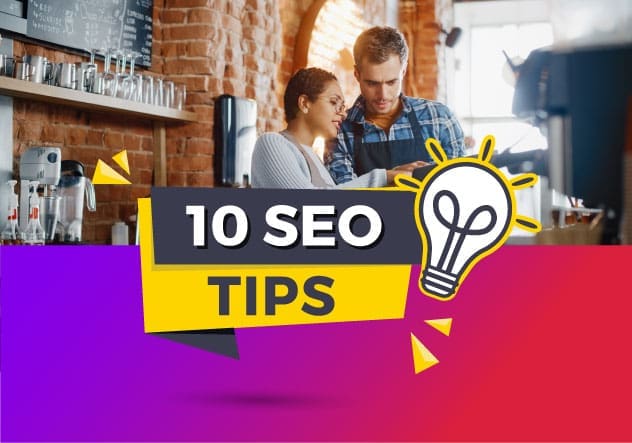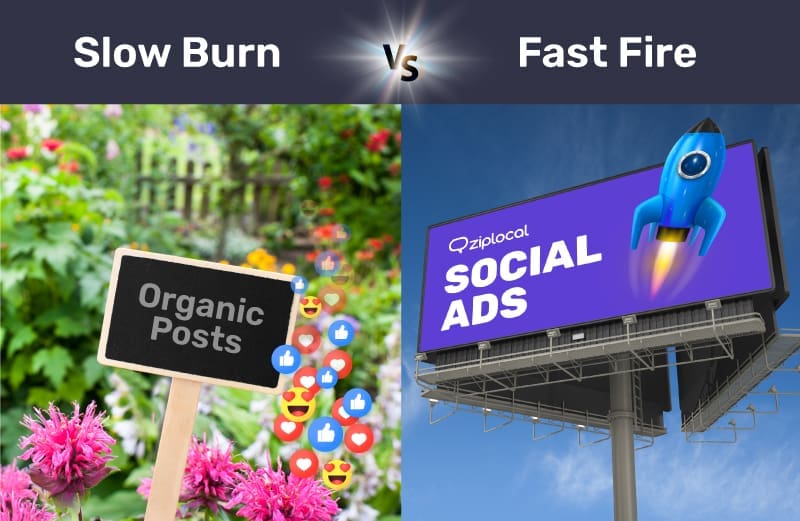Search engine optimization (SEO) is the process of improving the ranking of a website in search engine results pages (SERPs). By following a few simple tips, small business owners can improve their website’s SEO and attract more visitors.
Here are 10 SEO tips every small business owner needs to know:
1. Do keyword research.
The first step to effective SEO is to identify the keywords that your target audience is searching for. You can use various tools to help you with keyword research, such as Google Keyword Planner and SEMrush. Once you know what keywords you want to target, you can use them throughout your website, including in your title tags, meta descriptions, and content.
2. Create high-quality content.
The content on your website is one of the most important factors affecting your SEO. Ensure your content is well-written, informative, and relevant to your target audience. Use keywords throughout your content, but don’t overdo it. You want your content to be readable and informative, not spammy.
3. Optimize your website for mobile devices.
More and more people are using their smartphones and tablets to search the web, so it’s important to ensure your website is optimized for mobile devices. This means making sure your website is responsive so that it looks good and functions properly on all devices.
4. Build backlinks.
Backlinks are links from other websites to your website. They’re a valuable signal to search engines that your website is trustworthy and authoritative. You can build backlinks by guest blogging, participating in online forums, and submitting your website to directories.
5. Use social media.
Social media is a great way to promote your website and drive traffic. Share your content on social media, and encourage your followers to share it as well. This will help you to get your website in front of more people, which will ultimately help to improve your SEO.
6. Keep your website up-to-date.
Search engines like fresh content, so make sure you’re updating your website on a regular basis. This could include adding new blog posts, pages, or products. When you update your website, be sure to update your keywords as well.
7. Use relevant keywords in your website’s code.
The code of your website can also be optimized for SEO. This includes using relevant keywords in your HTML tags, title tags, and meta descriptions.
8. Use a responsive design.
A responsive design is a website design that adapts to different screen sizes. This means that your website will look good and be easy to use on various devices, including desktops, laptops, tablets, and smartphones. This is important for SEO, as it ensures your website will be accessible to a wider range of users.
9. Use a content management system (CMS).
A CMS makes it easy to update your website’s content. This is important for SEO, as it lets you keep your website fresh and up-to-date.
10. Use an SEO tool.
There are a number of SEO tools available that can help you track your progress and improve your website’s ranking. These tools can help you with keyword research, backlink analysis, and other aspects of SEO.
These tips can help you improve your website’s SEO and attract more visitors. However, it’s important to remember that SEO is an ongoing process. You’ll need to continue to update your content, build backlinks, and optimize your website in order to maintain your ranking.



